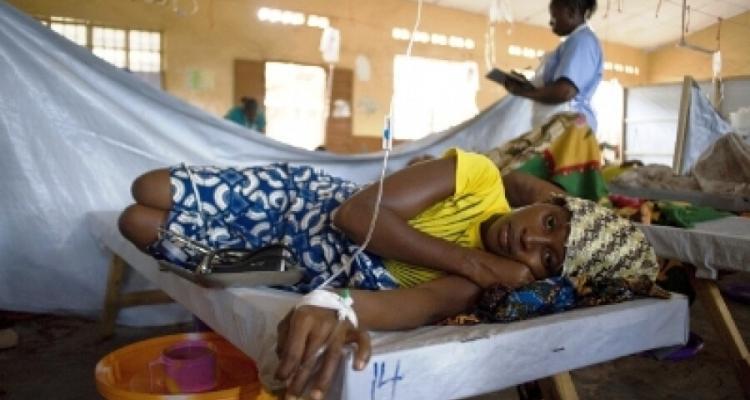
Malawi Minister of Health and Population Atupele Muluzi has warned that Malawi will continue to have cholera outbreaks if Malawians do not start to follow prevention measures.
Muluzi made the warning when presenting a ministerial statement on the cholera situation in the August House in Malawi’s capital, Lilongwe.
The minister said Malawians should make sure they are observing hygiene to prevent the disease.

“It is not acceptable to simply throw rubbish out of the window, defecate in the open or allow your surroundings to fill with detritus. We must work together to clean up our country to eradicate the possibility of diseases like cholera spreading,” he said.
He observed that cholera outbreaks occur in countries that lack the critical national infrastructure to effectively manage their waste and where there is open defecation.
“The disease is able to develop most virulently where it can feed, so where there is food waste, faeces and other forms of waste,” Muluzi said.
According to the minister, Malawi has up to date recorded a total of 420 cases of cholera which have unfortunately resulted in 6 deaths.
He however assured Malawians that government together with international organisations are working hand in hand to control the spread of cholera in the country.
“The World Health Organisation has been working in close coordination with the Ministry of Health and Population, UN Agencies, as well as other international development partners throughout this season’s cholera outbreak. WHO confirms that the number of cases that have been diagnosed and treated, together with the numbers of fatalities due to the disease are correct,” he said.
Muluzi added that WHO will deliver the first consignment of 216,000 doses of cholera vaccines to Malawi this month for distribution in high risk areas.
“The vaccination intervention aims to complement Water, Sanitation and Hygiene interventions that are essential for prevention of cholera,” Muluzi said.
Cholera can be prevented by following basic hygiene principles such as washing hands with soap before preparing, cooking or eating food; washing hands with soap after using the toilet or changing a nappy and drinking water that has either been treated by chlorine or boiled hard.














